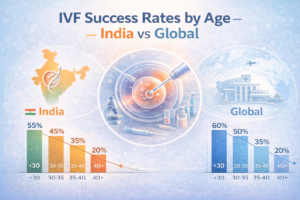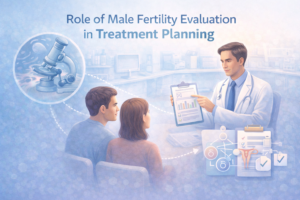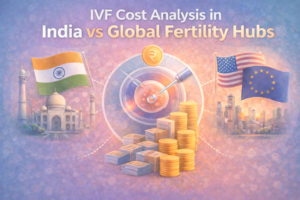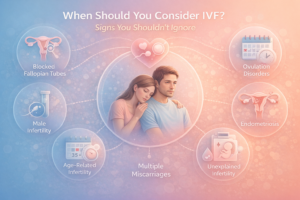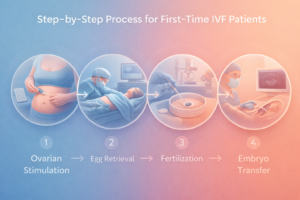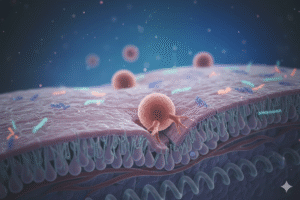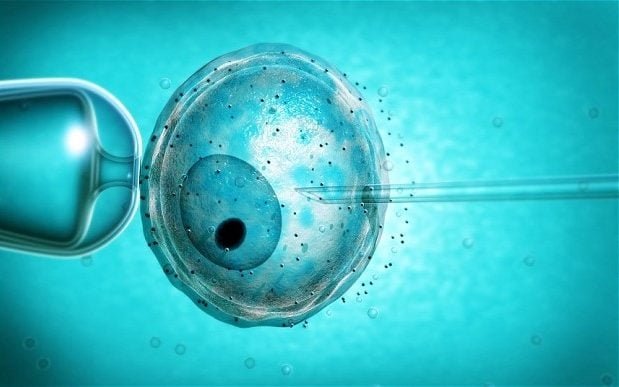Can You Get Pregnant During Menopause? Understanding the Possibilities
Introduction
Menopause marks the end of a woman’s reproductive years, typically occurring between 45-55 years of age. However, many women wonder: Can you still get pregnant during menopause? While natural conception is rare after menopause, there are exceptions and assisted reproductive options available.
Understanding Menopause and Fertility
Menopause occurs in three stages:
- Perimenopause: The transition phase before menopause, lasting several years. Ovulation becomes irregular, but pregnancy is still possible.
- Menopause: Officially diagnosed after 12 consecutive months without a menstrual period. Natural pregnancy is extremely unlikely.
- Postmenopause: The years after menopause, where hormone levels remain consistently low, eliminating natural fertility.
Can You Conceive Naturally During Perimenopause?
Yes, though it’s uncommon. Women in their late 40s may still release eggs, and if unprotected intercourse occurs, pregnancy can happen. However, fertility significantly declines due to:
- Reduced egg quality.
- Irregular ovulation.
- Increased risk of miscarriage and genetic abnormalities.
How Assisted Reproductive Technology (ART) Helps
For women who have reached menopause but wish to conceive, fertility treatments can help:
- Egg Donation – Using a younger donor’s eggs increases the chances of a healthy pregnancy.
- Hormone Therapy (HRT) – Helps prepare the uterus for embryo implantation.
- IVF (In Vitro Fertilization) – The most effective way for postmenopausal women to achieve pregnancy, often using donor eggs.
Risks of Pregnancy After Menopause
- Higher Risk of Complications – Gestational diabetes, high blood pressure, and preterm labor are common.
- Cesarean Delivery (C-section) – Most postmenopausal pregnancies require a C-section.
- Increased Genetic Risks – Older eggs have a higher chance of chromosomal abnormalities, increasing conditions like Down syndrome.
Conclusion
While natural pregnancy after menopause is nearly impossible, medical advancements in ART make it possible for women to conceive later in life. If you are considering pregnancy at an advanced age, consult a fertility specialist to explore the best options for you.






